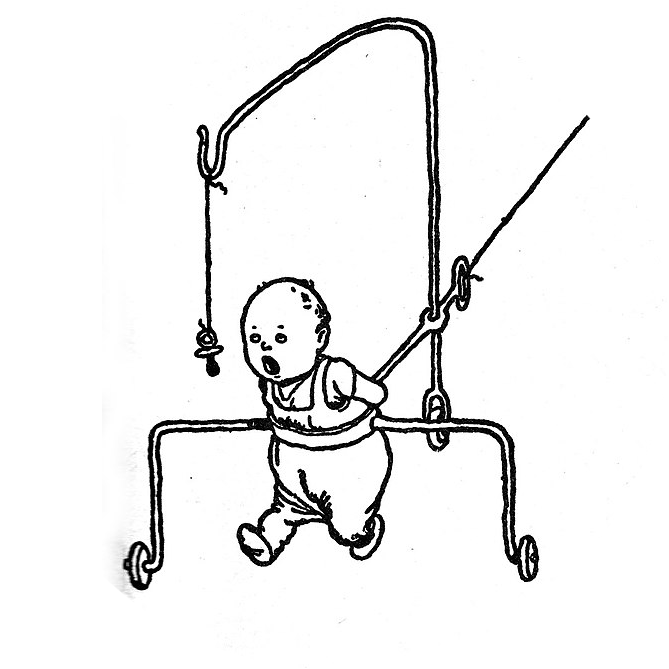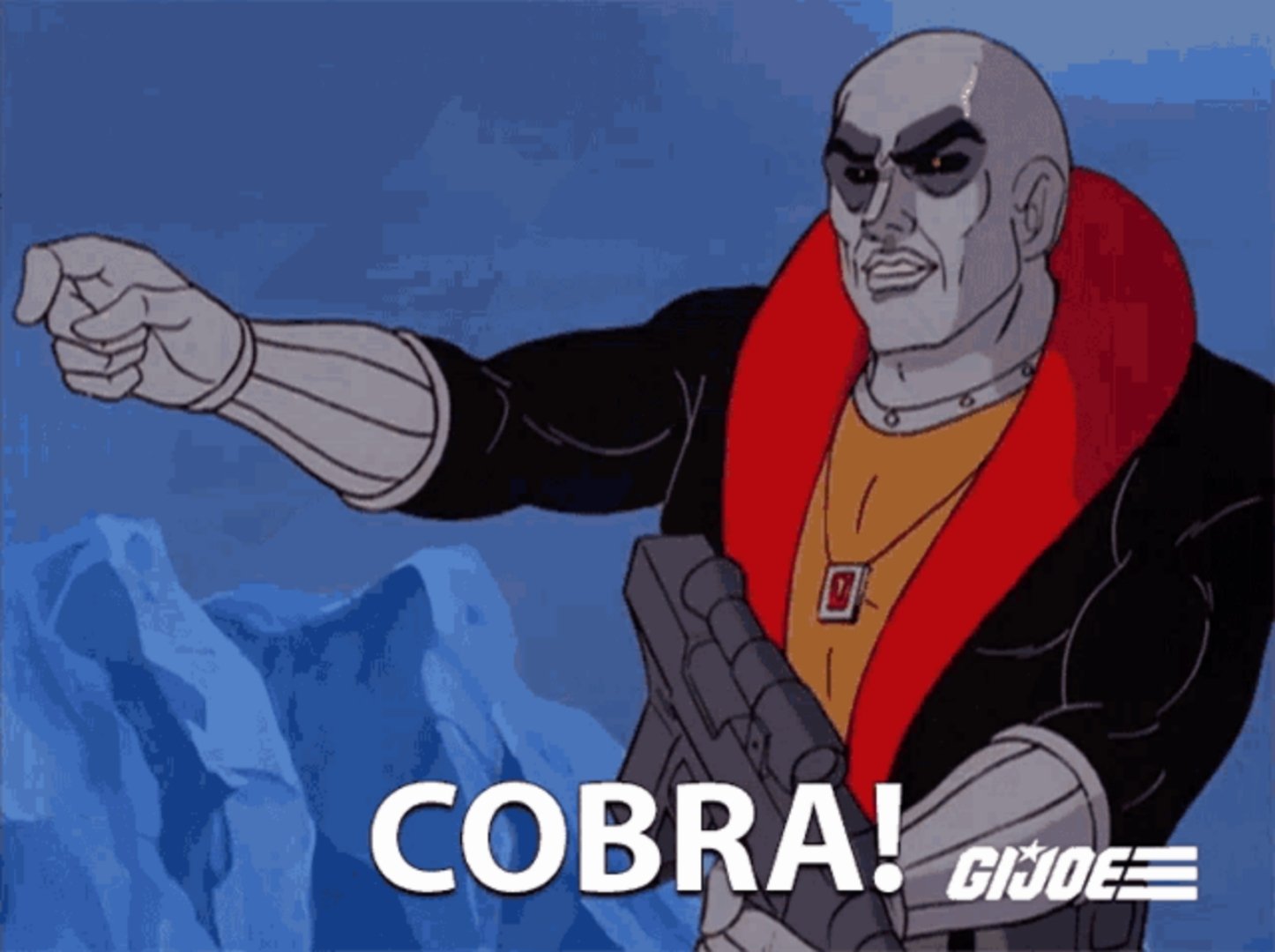

Liquid War was awesome. One of my favorite things about it was that you could make your own maps using black and white bitmaps.


Liquid War was awesome. One of my favorite things about it was that you could make your own maps using black and white bitmaps.


I’ve been meaning to try that game where you play a hole that gets bigger by devouring everything.


Asteroids are nature’s way of asking “How’s that space program coming along?”


When unrolled it might say “KICK OUT THE JAMS!”


Never listened to OA, but Strict Scrutiny is one I listen to for Supreme Court news and analysis.
Opossums are one of those creatures that remind you just how much of evolution is driven by the rule of “good enough.” Sure, they could have evolved to have more wrinkles on their brains, or the ability to cross the road without getting crushed, or to not look like an old scrub brush that’s way past its replacement date, but they didn’t need to, because the way they are is good enough!

I started off with melons and coconuts but have switched to filling up old yogurt tubs with water and freezing them and then smashing the ice blocks. Less cleanup.

I bought a warhammer, and then I thought to myself, “You know what’s better than having a warhammer…?”

Why would the first three make sense, but not Mighty Mouse?


Look at the last handful of democratic presidential losses to see this in action:
Gore gets nominated due to familiarity. He has the charisma of a warm sponge. He loses (barely, and not the popular vote; by the way, FUCK the electoral college) to George W. “I’d have a beer with him and hey wasn’t his dad president?” Bush.
Kerry somehow rises to the top of the next democratic primary, a fact that I will never understand, because he also has the charisma of a warm sponge. Bush is familiar and a wartime president. He is re-elected in defiance of God and nature.
Obama comes along and is a once in a generation political talent. Things are pretty good for a while.
Hillary enters the primary and wins mainly based on name recognition. She presents herself as having the charisma of a warm sponge, when we all know full well that she has the charisma of a wood chipper, and since we’re pretty good at detecting artifice she loses.
In 2019 we’ve got a pretty good set of primary choices, but Biden gets into the ring and that’s pretty much fucking it, because, again, he has name recognition, so he blows past some better, younger choices and manages to leverage his name and Trump’s fuck-ups enough to win.
The pattern is that name recognition will get you a real long way, especially with low information voters, and that is a real goddamn problem when there are objectively better options who aren’t as famous.
So anyway, I think we need a constitutional amendment forbidding members of one’s immediate family from running for president after one has been president. No sons, daughters, husbands, wives, etc. Fuck dynasties. Fucking fundamentally un-American.
/r/vexillology is one of the only things I miss from the other site.


This is the way.

Cobra Cabana



Don’t forget:



Not sure if it quite meets the standards of the question, but I keep calfskin driving gloves in my car and I love them. They’re good for when the steering wheel is too hot or too cold, they keep my hands from getting sweaty on long car trips, and they make me feel like an old-timey race car driver.


Conservatives heard Stephen Colbert say “Reality has a liberal bias” and concluded that the only solution was to declare war on reality.


If they put pole dancing in the Olympics like it belongs you can bet your ass that ratings would go through the roof.


New Colorado law will ban sales of dental floss, clothes, & other household products…
Me: Yo, what the fuck is going on in Colorado?
containing toxic “forever chemicals”
Me: Oh, that makes sense.
“Drenched from head to toe in the blood of your opponent, you stand over their crumpled body.”
“Sweet! I loot the corpse. What do you I find?”
“A small note: ‘Note to self: get cure for horrible blood plague.’”
“…fuck.”